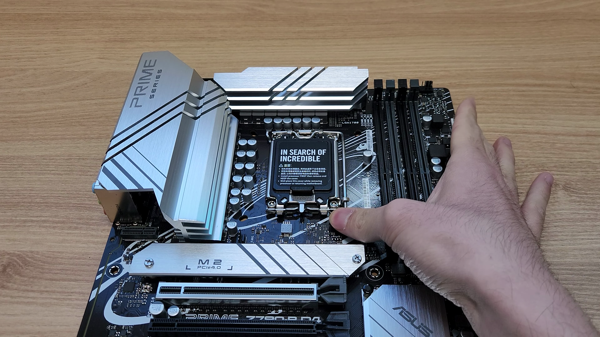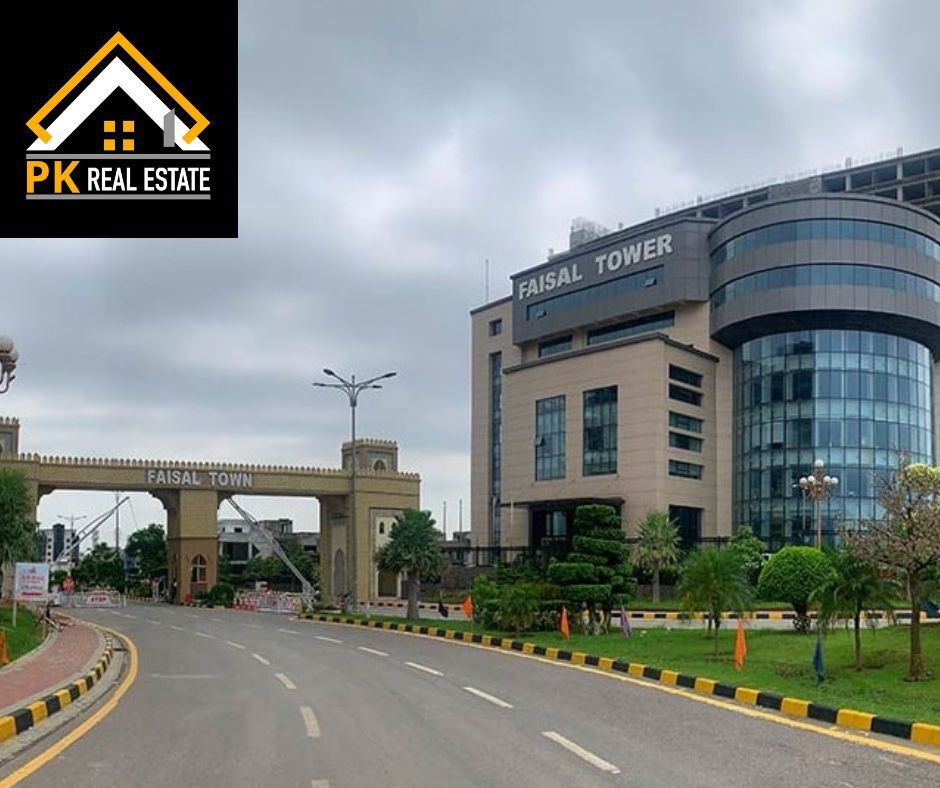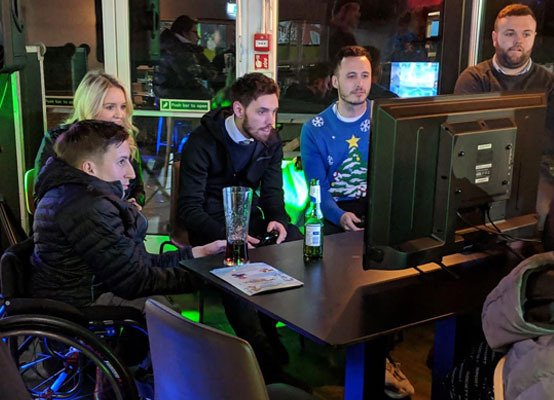Gaming won’t damage your laptop as long as it meets the gaming necessities. In any case, as most things, messing around on a laptop with equipment that doesn’t meet gaming necessities can make your laptop overheat, making your laptop use up all available time. Can be delayed with And push your processors as far as possible.
When in doubt, it is fine to play games on a laptop. Despite the fact that your laptop will in general get more sweltering than typical for gaming, your laptops underlying cooling framework and programming will forestall any long-lasting harm or information misfortune. Games don’t harm the laptops differently.
How Hot Does a Laptop Get when Gaming?
As we referenced above, messing around doesn’t hurt your laptop, despite the fact that when you mess around with weighty equipment use, your laptop might utilize additional assets to keep up with execution. it will not cause any harm, however it can cause harm since it utilizes additional assets. Furthermore, works. This might begin overheating your laptop.
Most laptops are deliberately sluggish and somewhat underpowered to limit overheating, making them ideal for enhancing your gaming experience by continuously keeping up with superior execution in the meantime. To diminish overheating harm and stay away from unnecessary asset utilization, the overheating effectiveness will not have to be marginally decreased.
“Here are a few motivations behind why a laptop might overheat“
- Putting the laptop on a lopsided surface
- Hindering wind current
- Run equipment related games for extended periods of time.
- Ill-advised laptop arrangement
- Elite execution laptops.
Will Gaming Overheat My Laptop?
This is an inquiry that many individuals who play computer games ask themselves. To offer a short response, I can express that there is no single answer for this issue that works for everybody.
As indicated by most specialists, the ideal working temperature for a gaming laptop is somewhere in the range of 80 and 85 degrees Celsius. Be that as it may, laptops specifically have been believed to get more smoking than this, and there is no settlement on what temperature is excessively high. Some gamers say their workstations begin to overheat at 90 degrees Celsius, while others say they haven’t seen any issues at 100 degrees Celsius.
Eventually, it depends on each gamer to choose if the temperature is excessively high for their laptop. Assuming you notice that your laptop is getting more sweltering than expected, you ought to continuously be cautious and try not to mess around until it chills off.
What Happens If A Laptop Gets Very Hot?
A laptop with overheating issues will show various signs and symptoms. Prompt action is highly recommended to avoid serious injury. Laptops are more prone to fire if safety measures are not taken.
“Here are five signs your laptop is overheating“
The Fans Run Fast
A cooling fan is installed in the central processing unit (CPU) and keeps the laptop at a low temperature. Fan speed is determined by the temperature monitored by sensors inside the CPU. When the sensors detect that the temperature inside the laptop is too high, it tells the fan to speed up and increase its volume.
It Is Too Hot To Touch
It is natural for a laptop to heat up during use. However, if your laptop is constantly overheating and blowing hot air from the vents, this is a clear indication that your laptop is overheating and needs to be replaced.
Frequent Disconnections
The need to shut down the laptop frequently is another indication that it may be overheating. The most notable phenomenon is that when the central processing unit (CPU) overheats, the system shuts down suddenly before saving work. As a result, any resulting data loss is borne by the user.
Lines Are Stretched: Across The Screen
The appearance of lines on the screen indicates that your laptop’s graphics processing unit (GPU) is overheating. This can happen if your laptop has a dedicated video card. The system you are using may not be able to keep up with the complexity of the GPU you are using.
Decreased Overall Performance
The last symptom on our list of an overheating laptop is a drop in performance. One aspect that affects how fast a computer can perform tasks is the clock speed of its central processing unit (CPU). A laptop’s central processing unit (CPU) automatically lowers its clock speed if it detects that the device is overheating for some reason.
Best Practices for Cooling Your Laptop While Gaming
- Placing a laptop on an uneven surface
- Blockage on the vents caused by dust & debris
- Ambient temperatures are too hot
- Laptop being overworked
Conclusion
To keep your laptop cool during long gaming sessions, look for a laptop with lots of cooling fans and plenty of airflow.
You might be wondering what the cut-off point is for how hot a gaming laptop can get! If you’re looking for one that can handle the most intense games on the market, this is it. Unfortunately, there is no definitive answer because some computers run hotter than others.
Okay fine. There you have it, gaming won’t harm your laptop, but it can cause it to overheat, which can cause long-term damage to your laptop. In most cases, overheating while gaming on a laptop is quite normal and the causes usually involve factors other than gaming. For example, placing your laptop on an uneven surface will prevent the fan from doing its job, causing it to overheat. This could be a combination of gaming and fan blocking.
In most cases, gaming won’t overheat your laptop, as most laptops throttle performance slightly to compensate for the extra resources used. Also, while playing games on your laptop, you need to make sure that your laptop meets the gaming requirements for a particular game, otherwise it will overwork your laptop and cause overheating. Thanks for reading and happy gaming!







